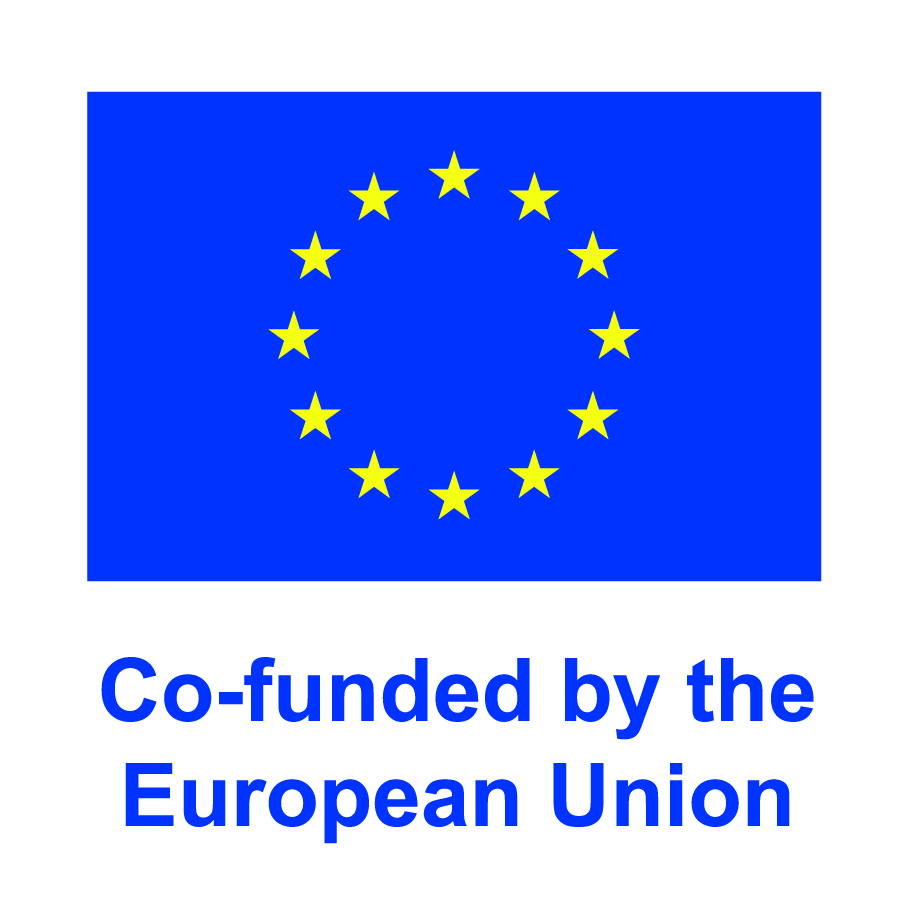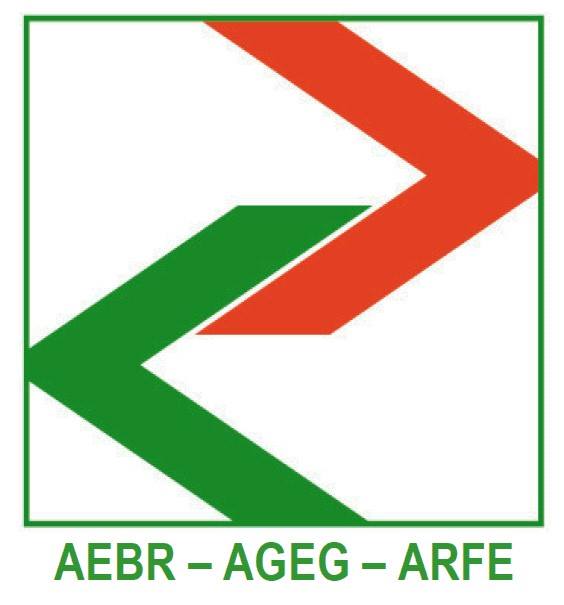How to best prepare to host an IVY volunteer:
The start date depends on the collaboration of all actors involved. Usually, it takes about 1 to 2 months for the volunteer to start, once the AEBR team receives the application documents.
AEBR commits to replying and giving feedback within 3 days after having received the application documents, and to send candidate profiles within two weeks after approval of the application documents. About three weeks are needed to finalise the match once the volunteer has been identified by AEBR to prepare the agreement, finalise the insurance policy, prepare the payment for the volunteer and organise an introductory call with the volunteer.
Programmes and national authorities can host a maximum of two volunteers per year – either simultaneously or one after the other, depending on the needs of the host organisation.
Project beneficiaries can host one volunteer per project year, within an interval of 14 months. Host organisations can decide to host the volunteers simultaneously or all in the same phase of the project (namely, in the same year) or one per year, depending on the needs of the project. A potential extension of the project does not count: volunteers cannot be hosted during the months of the extension unless an exception has been agreed upon.
The total number of years of the project is not retroactive and starts with the year 2022.
Yes, if the organisation/small project has the sufficient capacity to host a volunteer.
No, this is not possible: IVY is focused on volunteering, and the personal experience of the environment of the host organisation as well as the local dimension of programmes and projects are essential. Meeting with partners and beneficiaries is a relevant aspect of the initiative, which we want volunteers to experience.
Volunteering is not only about fulfilling tasks, which can be achieved remotely, but rather the personal experience that the volunteer gains in collaborating with the host organisation and partners is essential to being deployed as an IVY volunteer in order to grasp the beneficial impact of Interreg in the local community. For these reasons, we do not accept requests to host volunteers remotely.
Exceptions are made if restrictions to travel and gatherings apply.
Yes: volunteers receive a daily allowance from AEBR ranging from 23 to 39 EUR per day for the entire duration of their placement, depending on the country of deployment, including weekends and holidays. The stipend is intended to help cover food and accommodation costs.
Host organisations are invited to supplement the stipend, if possible. These may cover additional costs, for example local public transport or food vouchers. Please note that no ERDF funds may be used to supplement the daily allowance.
AEBR also covers the volunteer’s insurance onsite, including benefits related to health, general assistance, liability and accidents.
Volunteers also receive a contribution to their travel costs to relocate to the location of the host organisation.
Yes, AEBR will organise a group or bilateral pre-departure call with the volunteers and share various documents with them on European Territorial Cooperation.
However, additional training should be ensured by host organisations when welcoming volunteers to ensure they are provided with the best possible conditions to perform their tasks.
Volunteers are entitled to two consecutive free days per week (unless arranged differently through a mutual agreement between the volunteer and the organisation, and explicitly stated in the volunteering agreement) and two days of holidays per month.
Vacation periods and weekly rest days have to be agreed upon between the host organisation and the volunteer.



© 2024 Interreg Volunteer Youth - All rights reserved